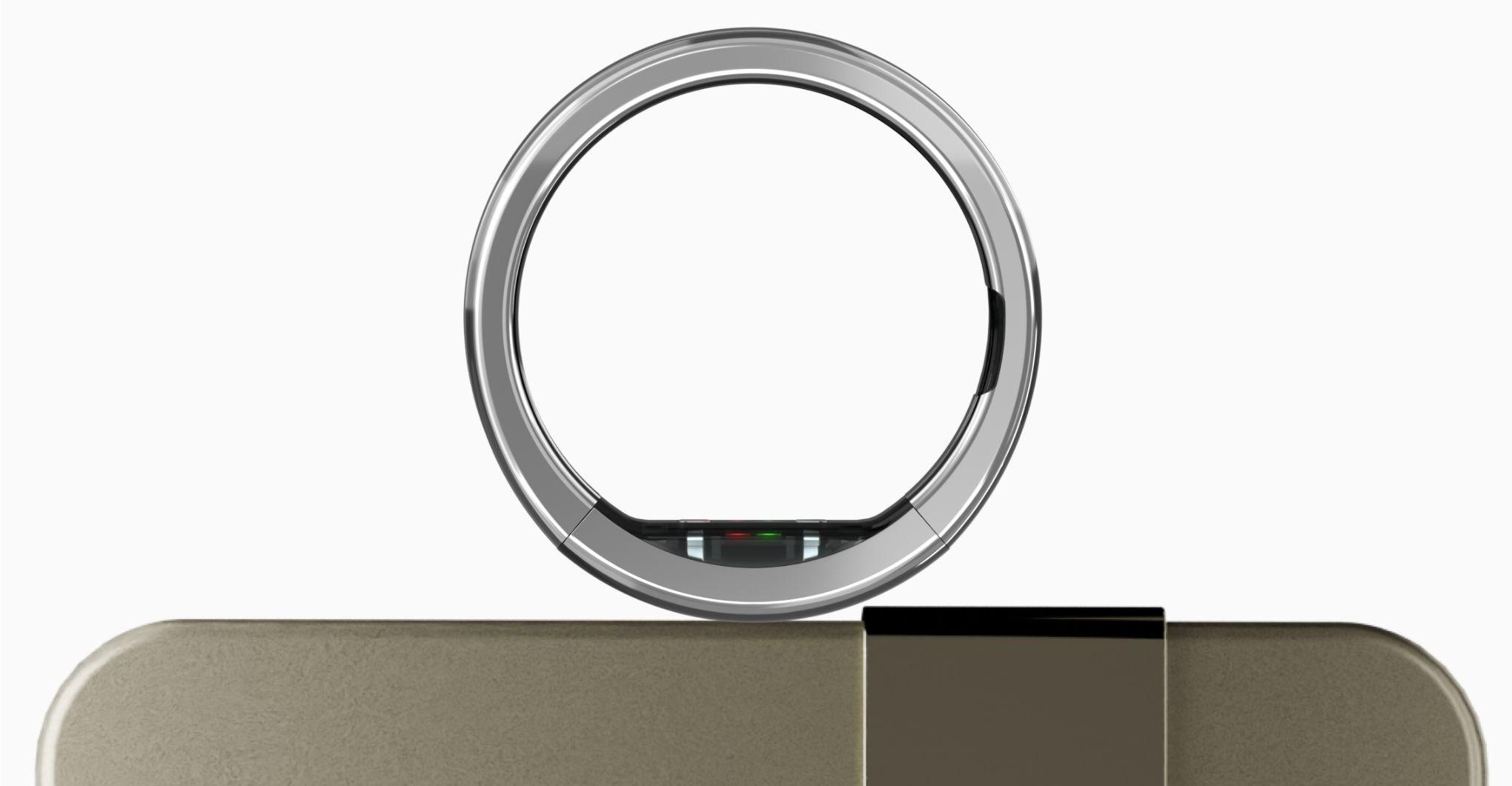- Home
- Technology
- News
Europe unveils hi-tech satellite to speed up extreme weather warnings
The sounding or scanning technique will capture storms before they become visible on traditional radar


Paris: Europe on Wednesday unveiled the first of a 4 billion euro ($4 billion) family of satellites designed to give earlier warning of extreme weather that has been causing havoc across the globe this year.
The result of 12 years of development for the European Space Agency and 30-nation EUMETSAT, the MTG-I1 satellite will be launched by the end of this year on an Ariane 5 rocket and put sharper eyes in space over Europe and Africa.
The 3.8-tonne spacecraft will beam back images from next year and will be joined in geostationary orbit by three more MTG-I imaging satellites and two MTG-S “sounding” satellites capable of slicing the atmosphere, much like a medical scanner, by 2030.
The hope is that forecasters will gain precious hours in predicting near-term storms and floods that can cost lives.
And scanning the atmosphere will provide a better picture of current conditions to feed into their computerized models.
“There is a real challenge today … to be able to compute the initial (weather) state,” said Herve Roquet, deputy director of research at Meteo France.
The initiative highlights a race to grapple with weather disruption exacerbated by global warming and which is estimated to have cost $100 billion worldwide in 2021 alone.
While the MTG-I imaging satellites will bring Europe roughly in line with GOES-R operated by NASA and the National Oceanic and Atmospheric Administration, albeit with a newer lightning mapper, MTG-S will deploy sounders in space for the first time.
European officials say China has experimented with the technology with lower accuracy but is yet to deploy it while acknowledging Beijing’s space programme is developing fast.
Engineers say the sounding or scanning technique will capture storms before they become visible on traditional radar.
“As the storm is developing, we can see it. It is picking it up and we can then predict it,” said Paul Blythe, MTG programme manager at the European Space Agency.
On Wednesday, engineers at a shorefront clean-room complex run by Franco-Italian Thales Alenia Space in Cannes, France, swarmed around the satellite, shaped like a small truck, to make final checks before its solar array is fitted in coming days.
Their protective clean-room gowns bore logos reflecting the European system under which companies share work according to national investment, with Thales Alenia Space leading the project in partnership with Germany’s OHB and Italy’s Leonardo.
“The more responsive and more capable these satellites are the better they can follow extremely dynamic weather events,” said Cristian Bank, development director at EUMETSAT.
SOURCE: Reuters
Hockey World Cup Qualifier: Pakistan beat Malaysia to reach semi-finals
- a day ago

Pakistan's Cyber Force launches retaliatory attack on India with slogans of Pakistan Zindabad
- a day ago
US Marines fired on protesters storming consulate in Karachi, officials say: Reuters
- 4 hours ago

Meet the toymaker who helped take down Trump’s tariffs
- 12 hours ago
Pakistan won’t allow use of neighboring territory to destabilize peace: President
- a day ago
Pentagon says Iran will not be ‘endless war’
- a day ago
67 Afghan Taliban operatives killed in latest repulsive attacks: Tarar
- 4 hours ago

What does “America First” even mean anymore?
- 3 hours ago

Trump’s Iran war is uniting a strange new anti-war alliance
- 12 hours ago

Bloodbath at PSX as KSE-100 plummets over record 16,000 points
- a day ago

Ultrahuman’s new flagship smart ring has a 15-day battery life
- 5 hours ago

Pakistan Army destroys ammunition depot of Fitna-al-Khwarij, Afghan Taliban in Khost
- a day ago














